Making Self-Storage Work for Everyone: A Comprehensive Accessibility Guide
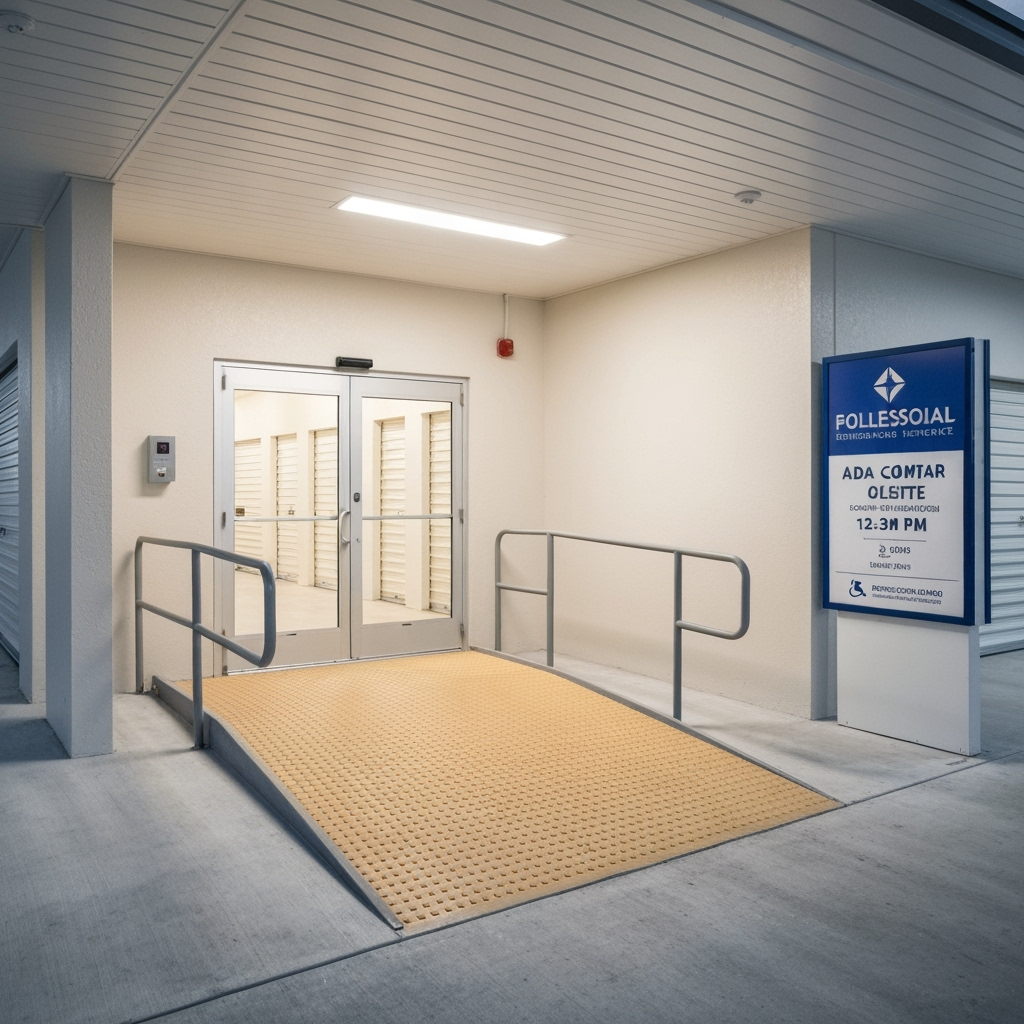
Finding the right storage solution can be challenging for anyone, but individuals with disabilities often face unique considerations when selecting and using a storage unit. This comprehensive guide will help you navigate the world of accessible storage, ensuring you can safely and comfortably access your belongings while maintaining your independence.
Key Features to Look for in an Accessible Storage Facility
When searching for a storage facility that accommodates your needs, consider these essential features:
- ADA-compliant ramps and entryways
- Wide corridors and doorways (minimum 32 inches wide)
- Smooth, level surfaces throughout the facility
- Adequate lighting with motion sensors
- Easy-to-operate door handles and locks
- Accessible parking spaces near the entrance
- Ground-level units or facilities with reliable elevators
- Clear signage with high contrast and large print
Smart Storage Unit Selection
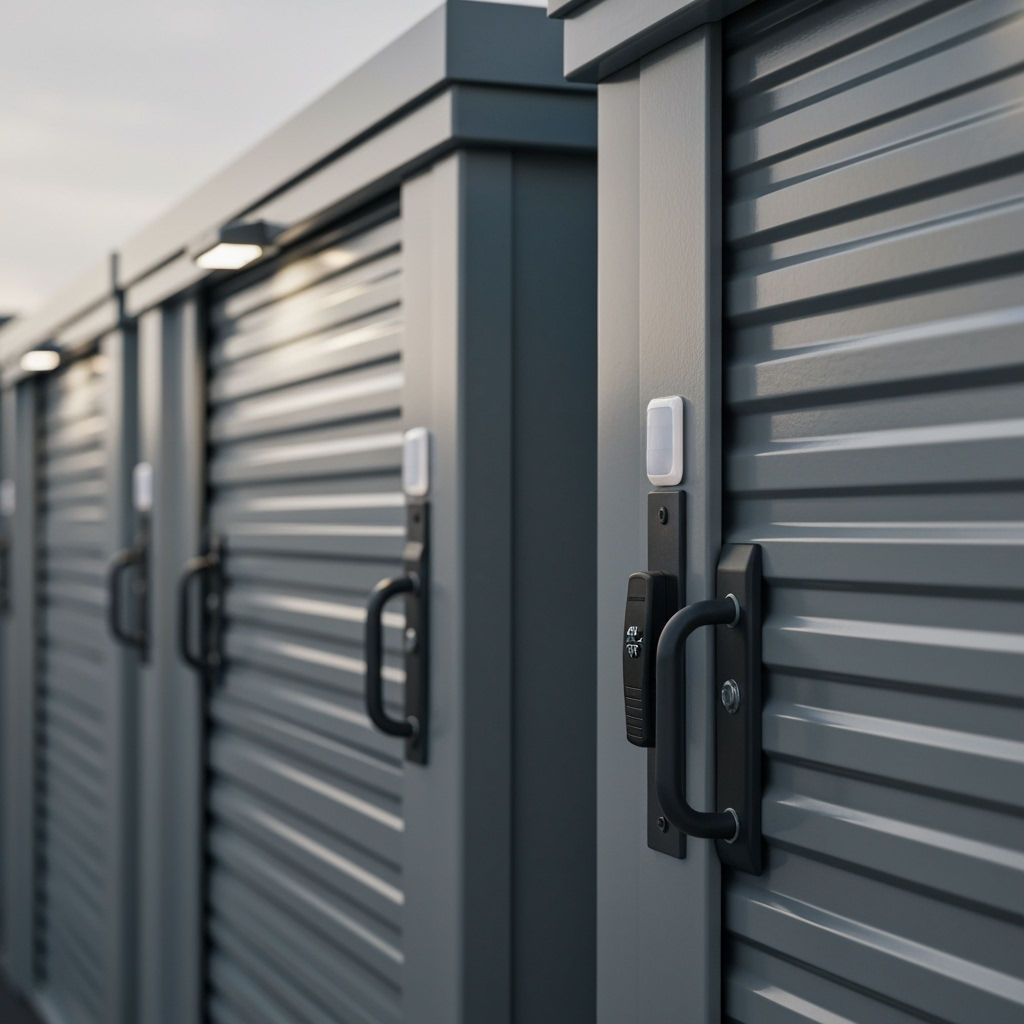
Choosing the right unit location and size can significantly impact accessibility. Consider these factors:
- Select ground-level units when possible
- Choose units near facility entrances
- Opt for wider units to allow for turning radius
- Look for units with roll-up doors rather than swing doors
- Consider climate-controlled options for medical equipment storage
Organizing Your Unit for Maximum Accessibility
Proper organization is crucial for maintaining easy access to your belongings:
- Create wide aisles between stored items
- Use shelving units at appropriate heights
- Install motion-activated lighting if permitted
- Keep frequently accessed items at reachable heights
- Consider using rolling storage containers
- Label items clearly with large print or braille if needed
Working with Storage Facility Staff
Communication with facility staff is essential for ensuring your needs are met:
- Discuss specific accessibility requirements during initial visits
- Ask about assistance policies and availability
- Inquire about emergency procedures and accessibility
- Request written documentation of any special accommodations
- Keep facility management contact information readily available
Technology and Adaptive Equipment
Modern technology can enhance storage unit accessibility:
- Smart locks with remote access capabilities
- Mobile apps for unit access and management
- Bluetooth-enabled security systems
- Motion-activated lighting systems
- Security cameras with mobile monitoring
Planning Your Visits
Successful storage unit access requires careful planning:
- Check facility hours and plan visits during optimal times
- Coordinate assistance in advance if needed
- Monitor weather conditions for outdoor access
- Bring necessary adaptive equipment
- Keep paths clear of seasonal obstacles
Legal Rights and Accommodations
Understanding your rights helps ensure appropriate accommodations:
- Familiarize yourself with ADA requirements
- Know your right to reasonable accommodations
- Understand facility policies on assistance animals
- Keep documentation of medical needs if relevant
- Know the process for requesting accommodations
Safety Considerations
Prioritize safety when using your storage unit:
- Ensure adequate lighting during visits
- Use non-slip mats if needed
- Keep emergency contact information accessible
- Know the location of facility safety features
- Have a backup plan for access during emergencies
Making the Most of Your Storage Experience
Additional tips for successful storage unit usage:
- Create a detailed inventory system
- Take photos of stored items and their locations
- Use color-coding or other organizational systems
- Schedule regular maintenance visits
- Keep important items easily accessible
Conclusion
Self-storage can be a valuable solution for individuals with disabilities when properly planned and executed. By choosing the right facility, implementing smart organization strategies, and utilizing available resources, you can create an accessible storage solution that meets your needs. Remember to communicate openly with facility staff and don’t hesitate to advocate for necessary accommodations to ensure a safe and comfortable storage experience.


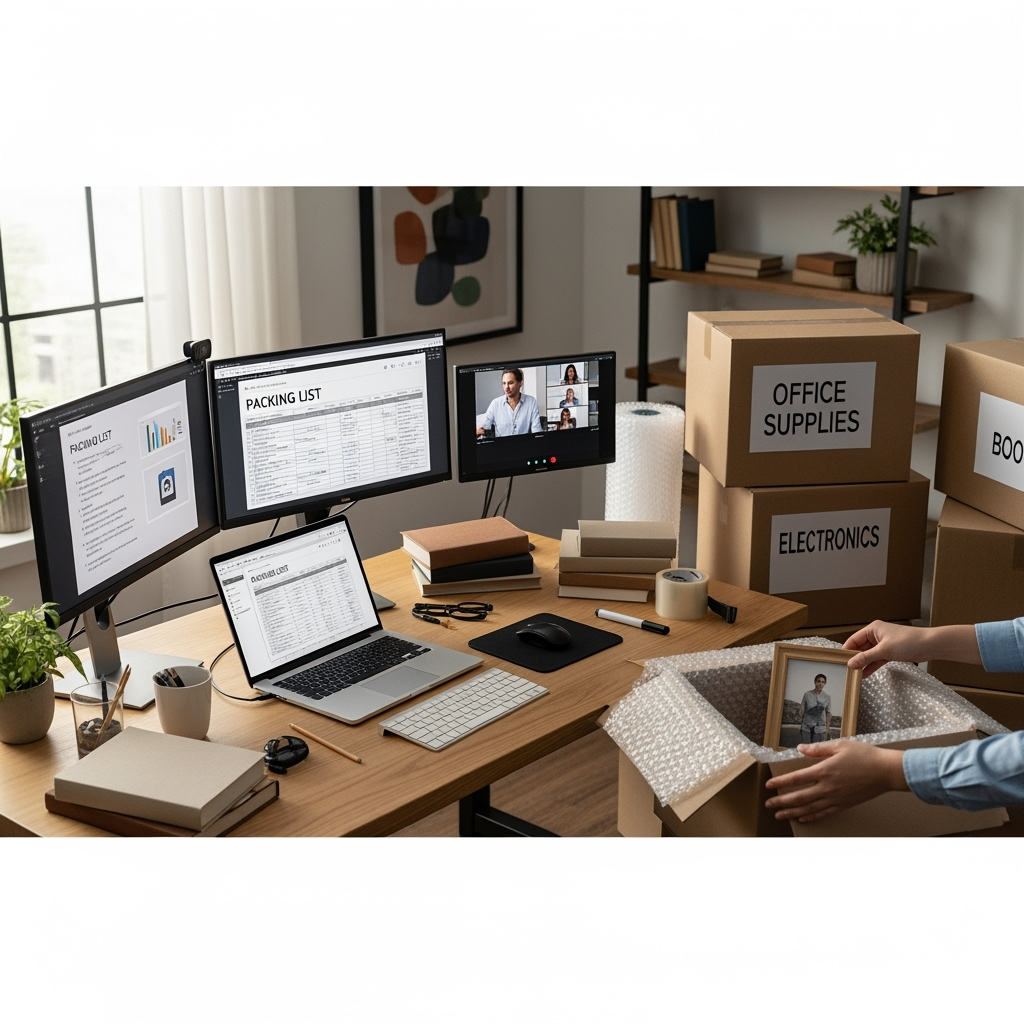
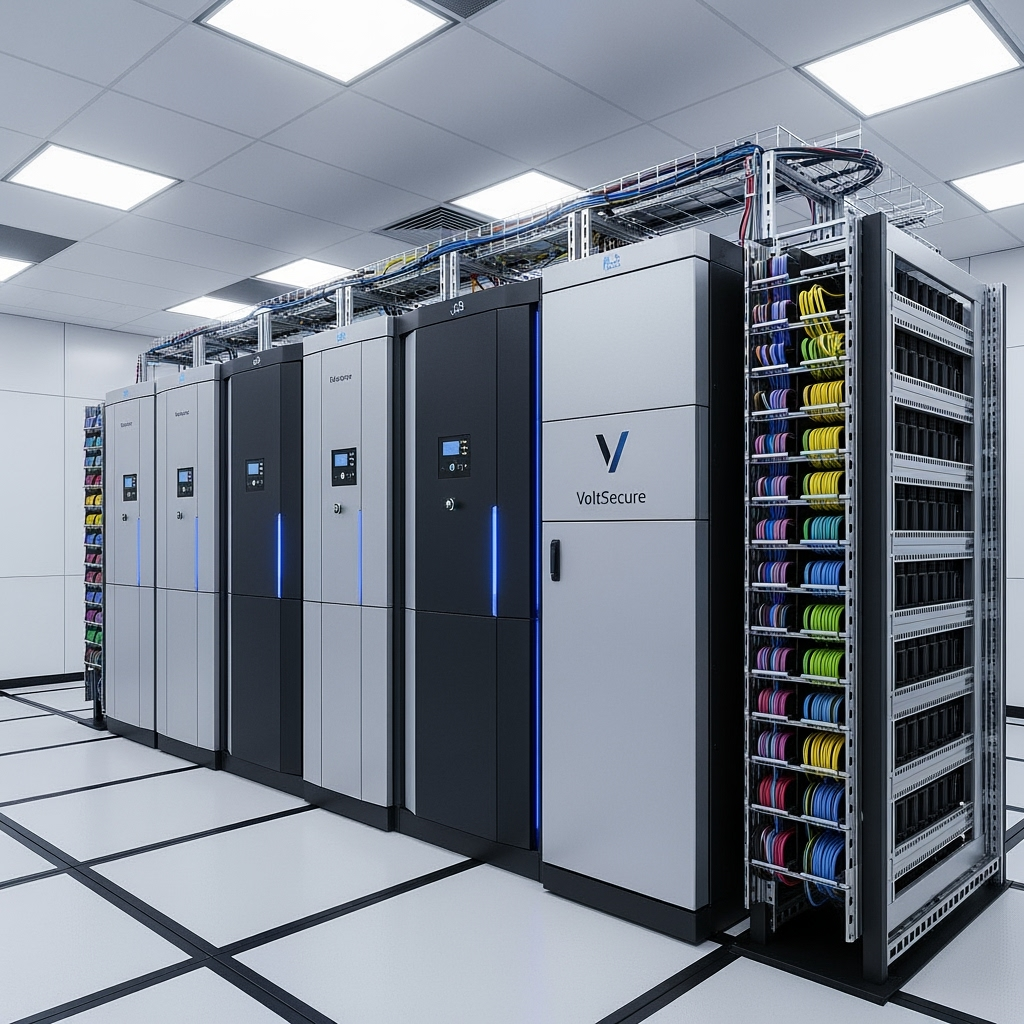
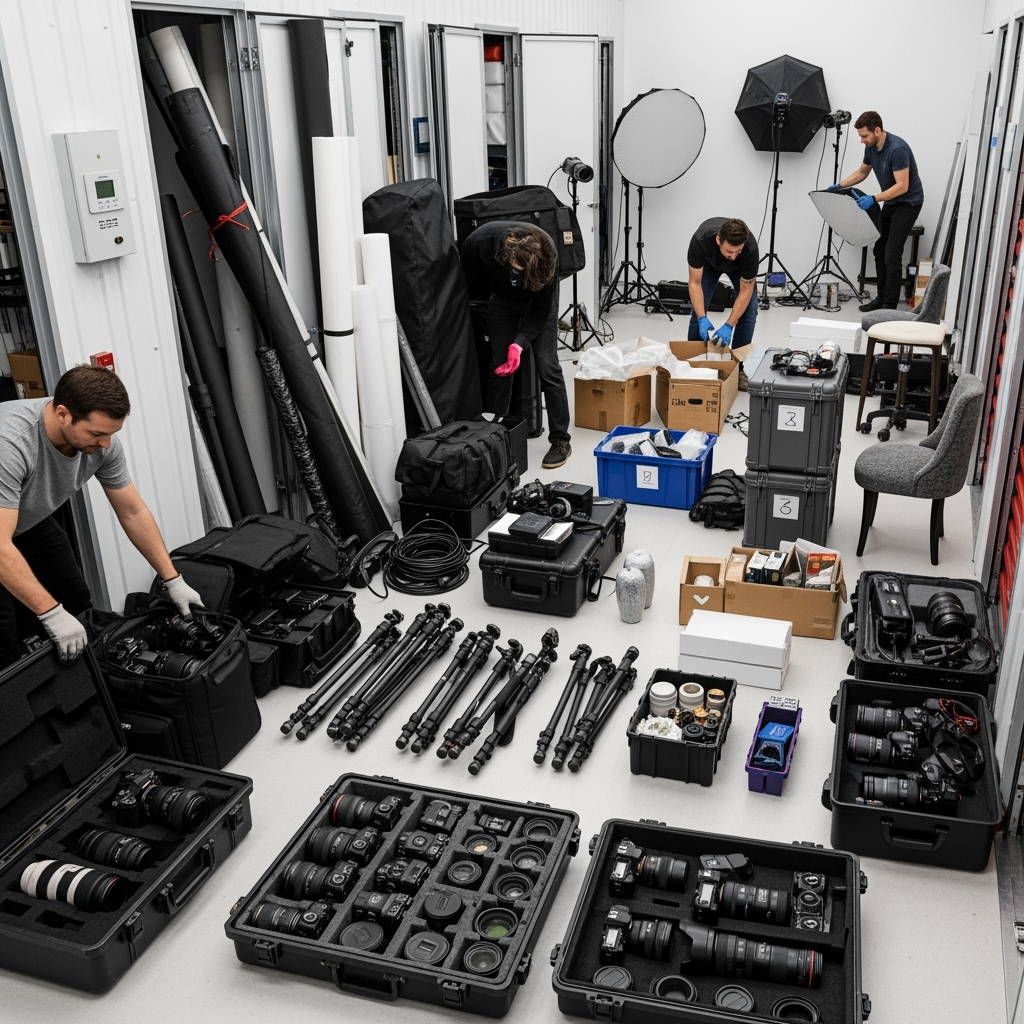
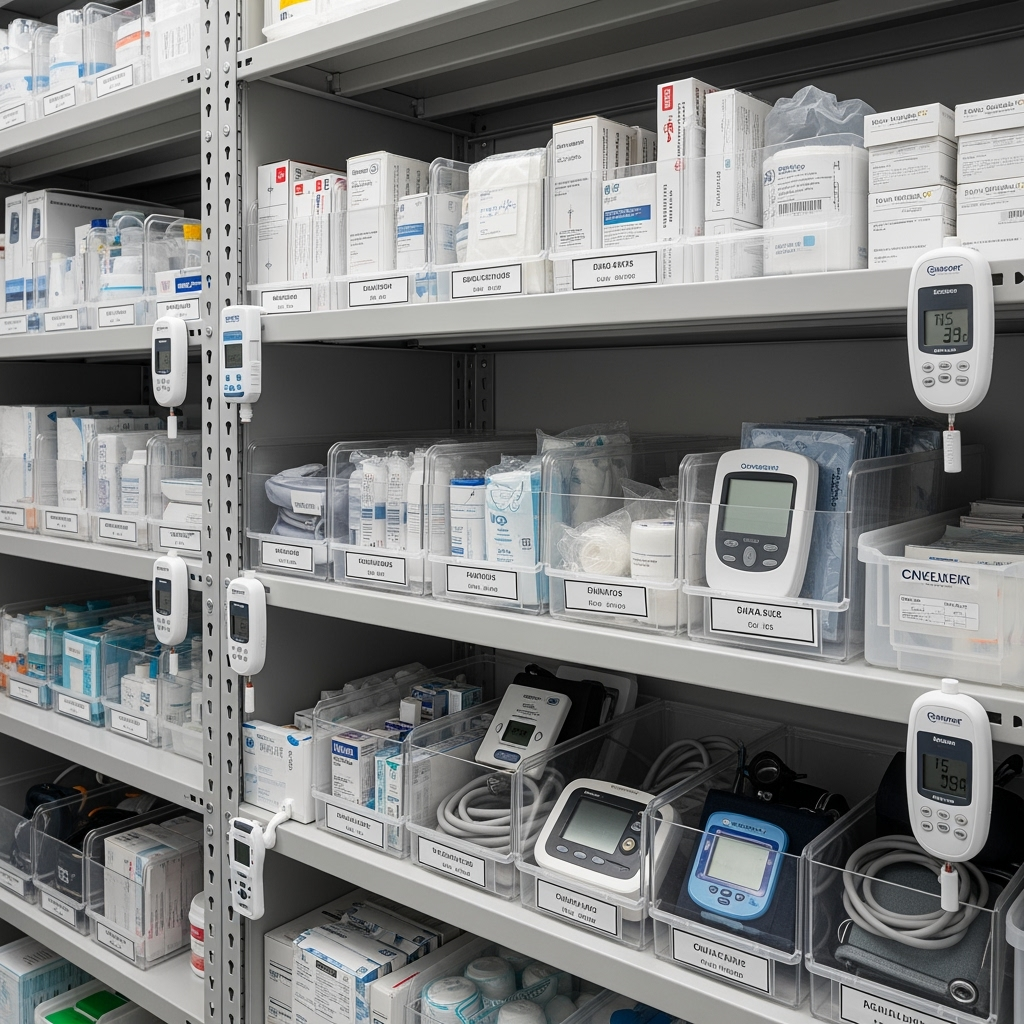
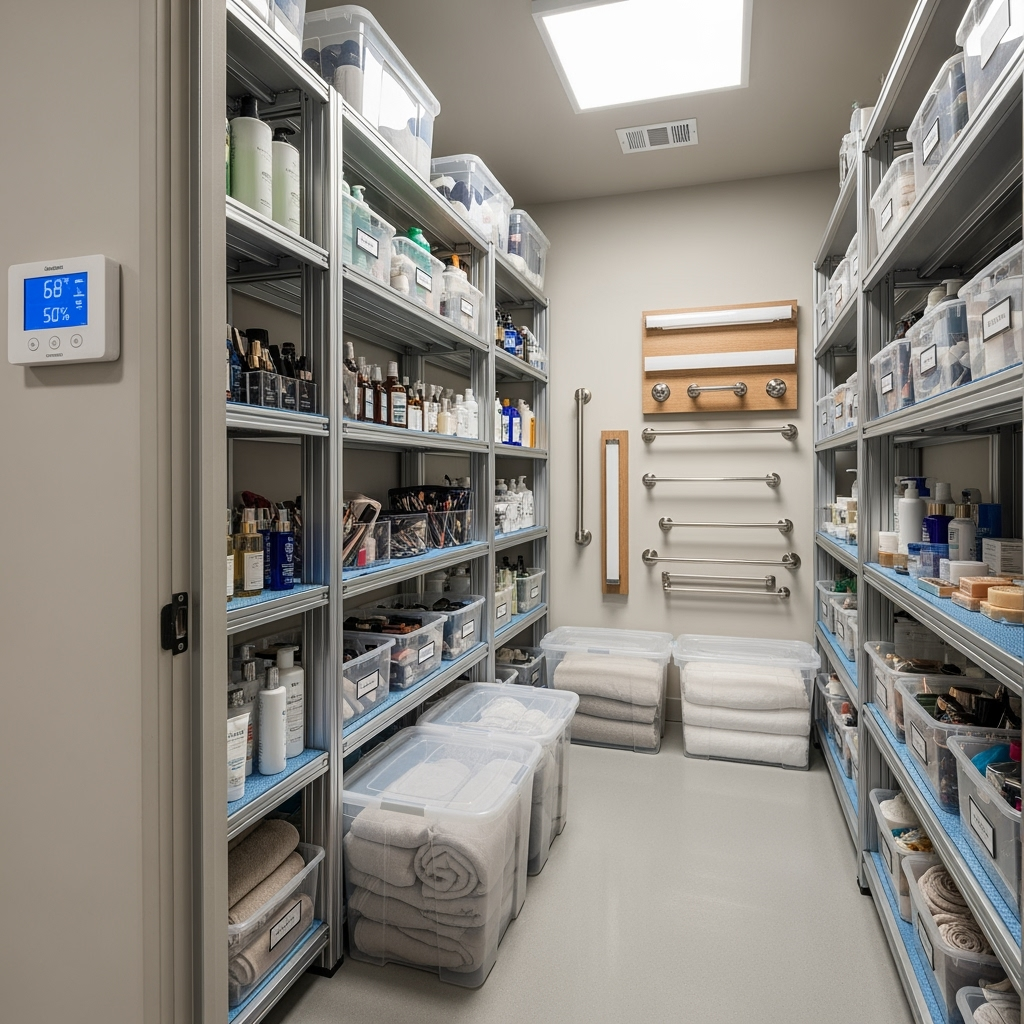
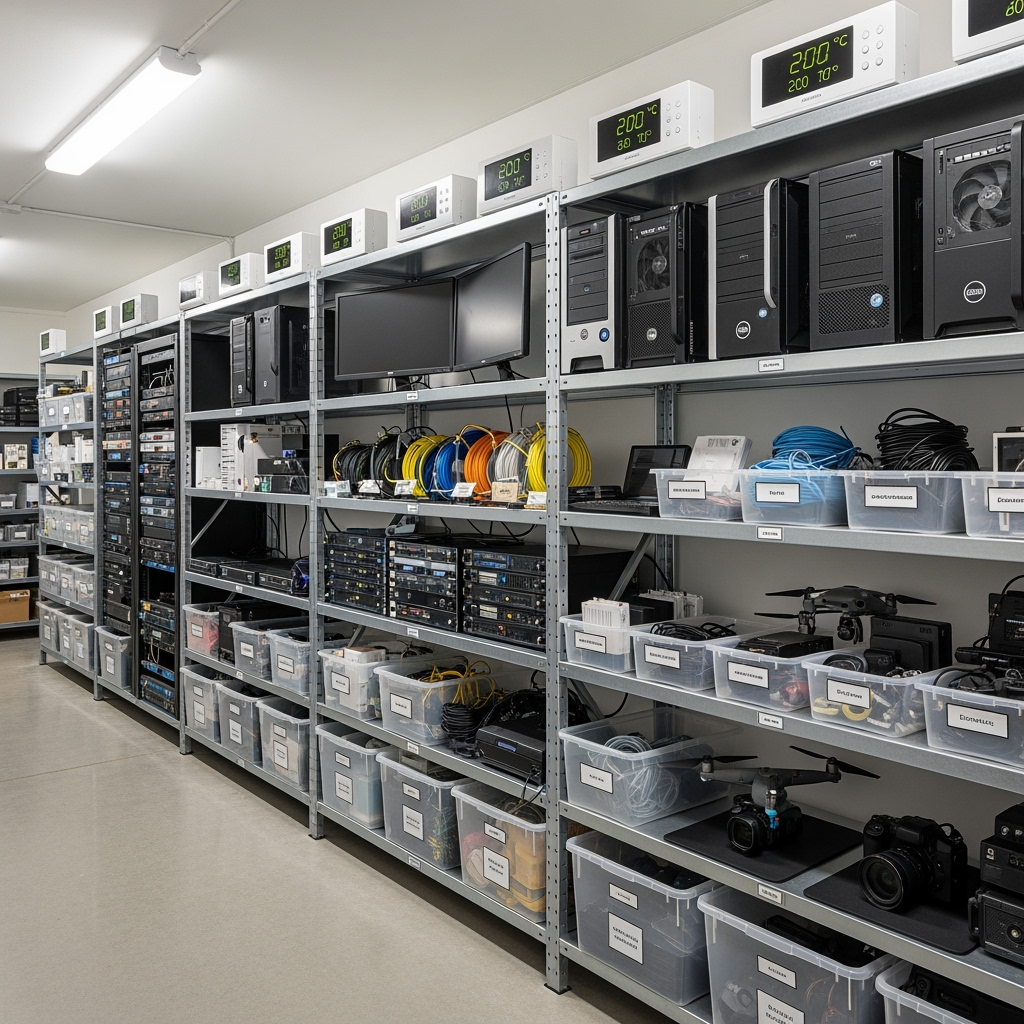
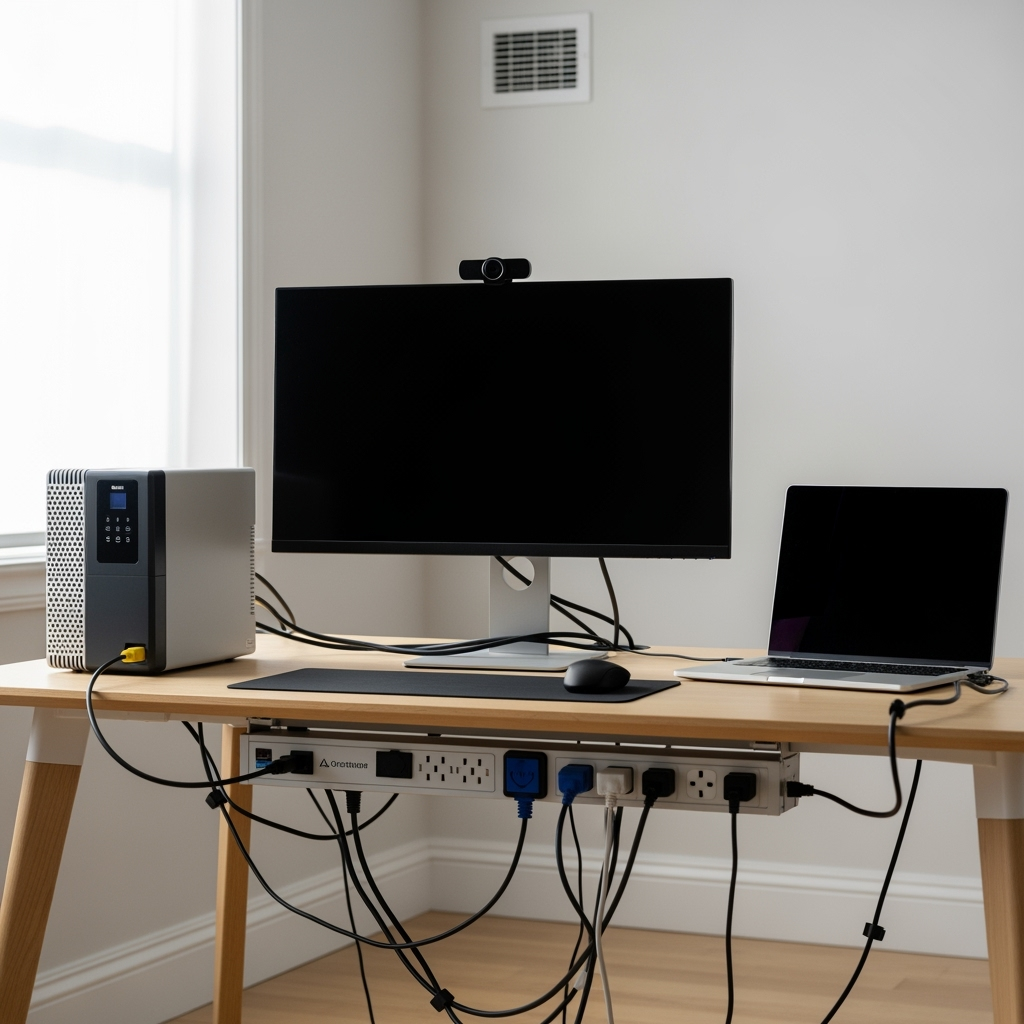
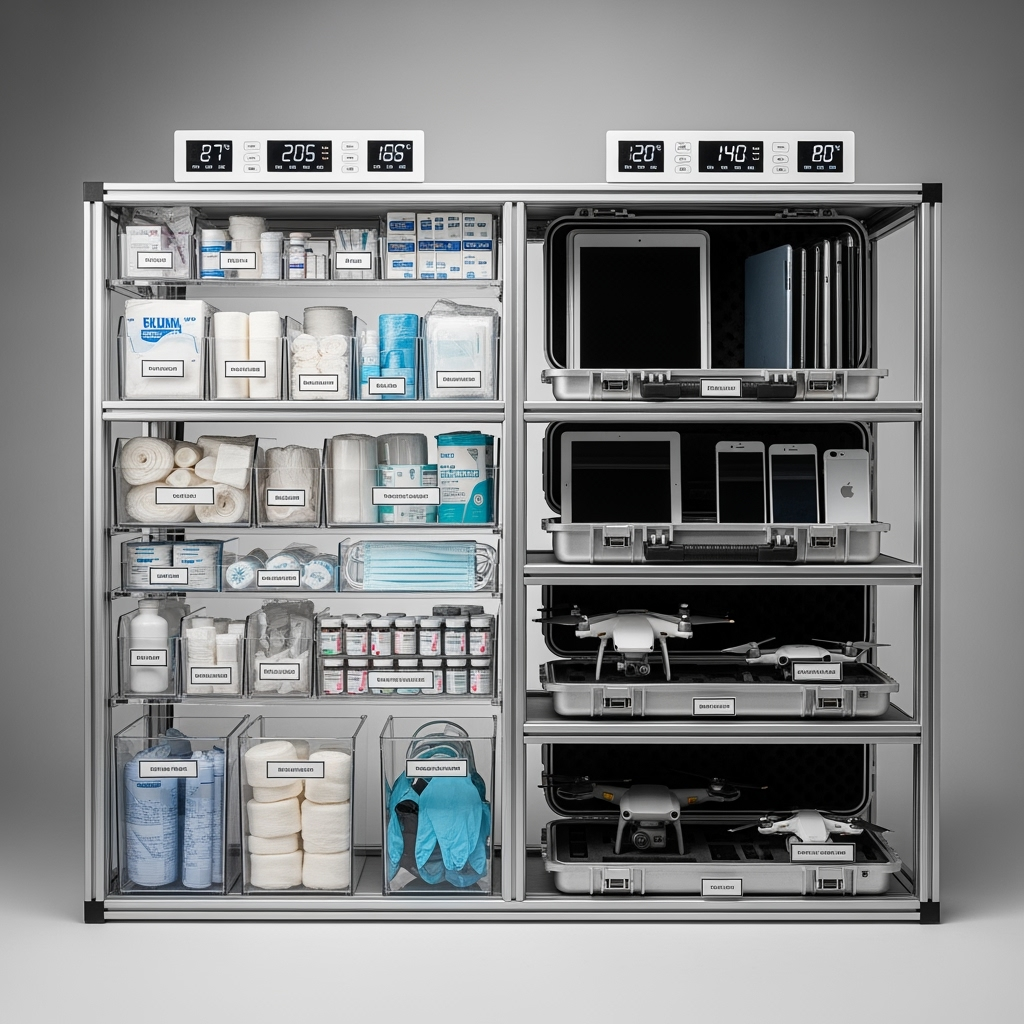
Leave a Reply